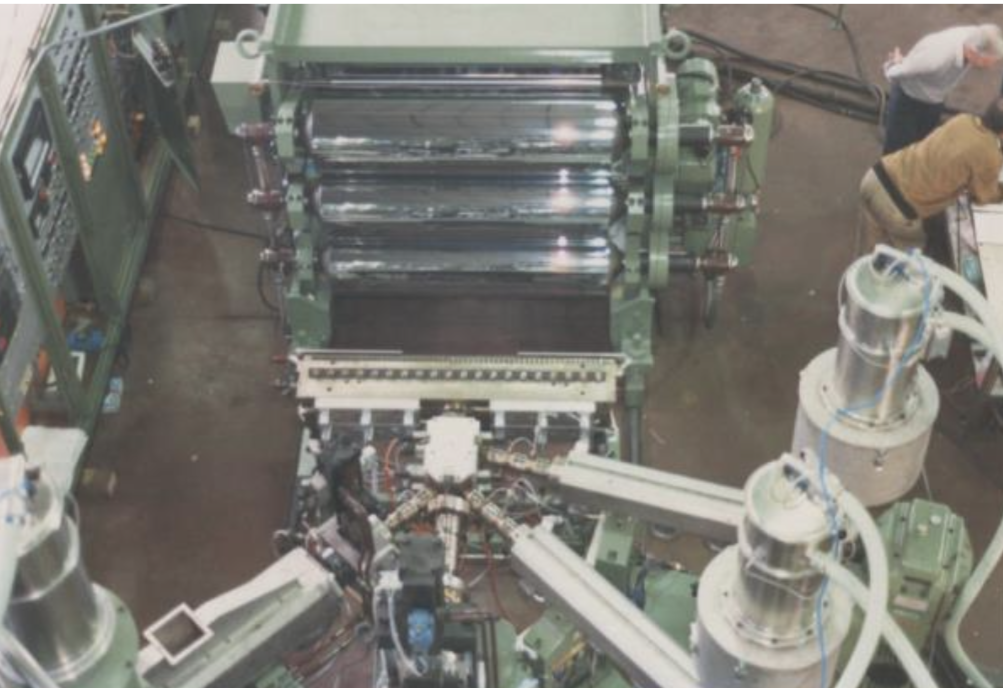MCP USA’s CEO and Vice President recently sat down to talk about the first chapter of the MCP story. They discussed the magic of the early days as well as the impressive and consistent evolution of MCP’s expanding capabilities with multinational locations.
Humble Beginnings

The journey begins in the Middle East, just outside Tel Aviv, Israel is where we find MCP’s origins as part of Kibbutz Hamaapil. A kibbutz, a cooperative of multiple families that live, work and play together, became a popular communal expression even before Israel’s independence in 1948 and still exists today. It was in this traditional Israeli communal culture where children are raised and schooled together, parents work long hours and everyone eats meals together at a commissary. Hamaapil had a strong base in agriculture but needed to find a new direction that was more profitable for their families. They found something everyone needed and was labor friendly: socks. So they entered the textile industry and began producing socks in a textile factory.
Textiles to Plastics

Textile mills began migrating away from Israel to China, India and other areas while demand began to diminish. An imperative transition was made to plastics that are common to every day use. Between 1975-1977, they transitioned from producing socks, purchased used injection molding machines and molds to produce buckets, planting pots and PVC pipes. Mitzpe, their heat resistant PVC piping business served the common residential plumbing sector and was a sound decision because of the ability to ‘regrind and reuse’ old plastic milk crates (see photo). On the kibbutz, it was a family affair to wash the retired plastic milk crates to prepare for the regrind process. Production continued through the mid-80’s with products like fish pools and special piping for aquariums until they made a foray into a new production process.
Food Packaging Focus

In the mid 80’s, they were introduced to the extrusion and thermoforming processes that produced CPET, aCrystalized Polyethylene application used in the food packaging industry. They purchased their first extrusion line from Italy and a small thermoformer from Germany. By 1988, they were the first in Israel to produce a clear PET application for food as a replacement for PVC. The next year, they added a Lyle machine from the USA and continued injection molding.
Global Expansion

In early 2000’s, Kibbutz Hamaapil welcomed a world-class industrial partner as Plazit Industries joined MCP Ltd. As part of the global and regional economic opportunities at hand, the vision became to achieve new growth through exports. By 2007, the injection machines sold, they focused on thermoforming only and 70% C-PET production flowed to export while 30% served a regional customer base. Next month, we’ll release the latest development in Chapter 2 of this series – MCP Origins.
Carlton Taylor, VP of Sales & Marketing is able to provide swift and his team are able to provide reliable service and support to clients located in every corner of the world. Contact Carlton to discuss how MCP can partner with you.


